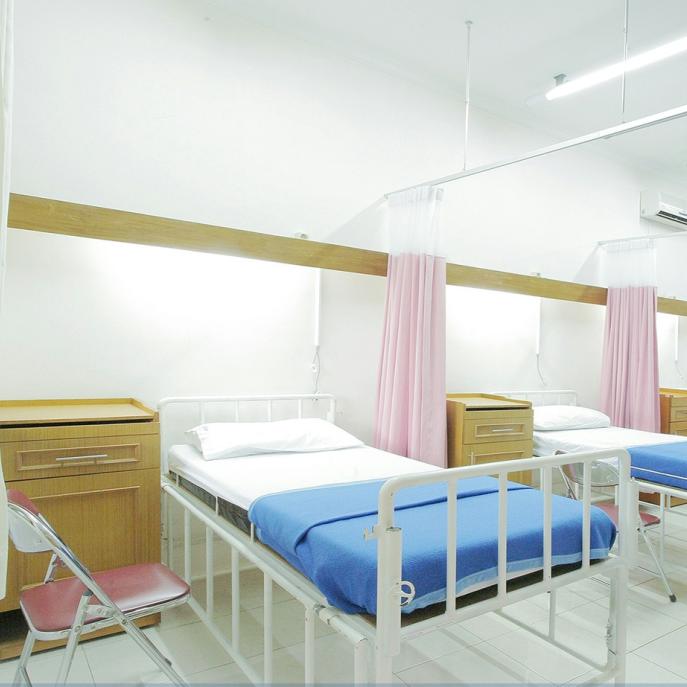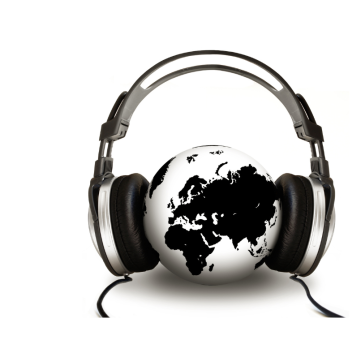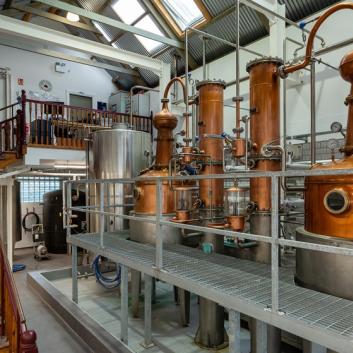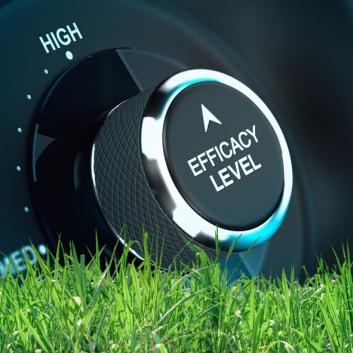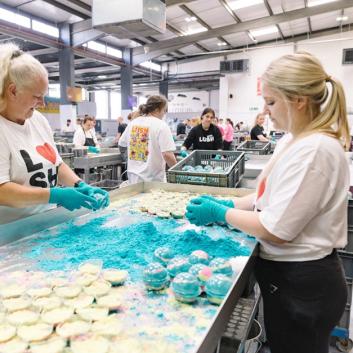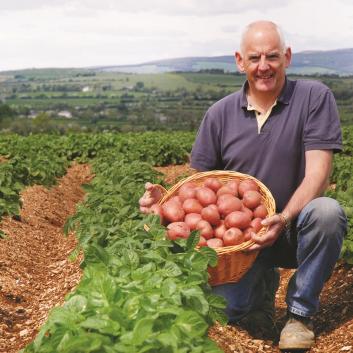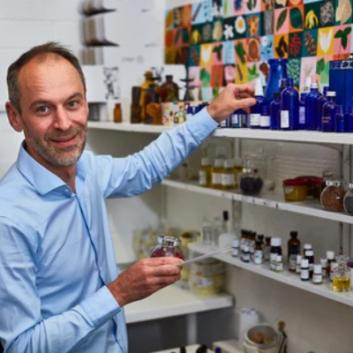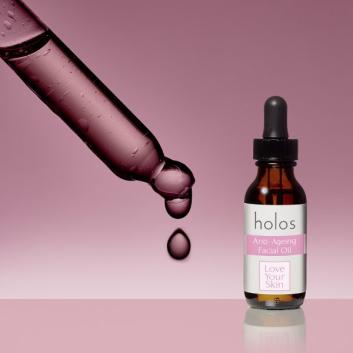Healthcare innovation for safety and sustainability
When you enter a hospital, you expect immaculate cleanness and high levels of hygiene.
In spite of the best efforts of medical facilities to meet this expectation, one of the most often overlooked elements is the mattresses on which patients are lying.
While you are waiting to be treated or, in the best-case scenario, on the way to recovery, you wouldn`t think of getting infected by spending most of your time in bed.
Michael Sullivan, Founder and CEO of NUA Medical, shines a light on the fact that one in five people contract healthcare-related infections during their stay in hospitals or other care facilities.
He explains that due to extra pressure, limited blood flow and specific microclimate around the skin, patients are more likely to face some unwanted consequences of lying on foam mattresses used by health institutions.
Michael adds:
“The cleaning process of foam mattresses is not adequate for the 21st century, and foam and bacteria go well together. Typically, they are inspected visually and wiped out to clear them, which leads to low infection control.”

He notes that besides the medical aspects, foam mattresses are adding to the growing waste problem since they cannot be recycled, and 60% of them are thrown out after the first use.
About 120 foam mattresses are dumped into landfills weekly in Ireland, which is equivalent to approximately 6000 items annually - equal to the height of Carrantuohill, the highest mountain in Ireland at 1,038.6 metres - causing 230 tonnes of CO2 emissions.
As an engineer with over 25 years of experience working in the healthcare industry researching, designing, manufacturing and distributing cutting-edge pressure relief products, he decided to challenge the status quo.
“We are born on foam and die on foam. But it is a dirty product. Would you lie down and sleep on a mattress that has been used by sick people before you? Normally, you wouldn`t.”
He searched for a better alternative and came up with the NEST® innovative product line designed to prevent and treat pressure ulcers and injuries. It can be thoroughly cleaned and disinfected and made of 100% recyclable material.
"A very important aspect of our success has been the strategy of listening to medical professionals in Ireland, the EU and the US who provided us with insight and advice that we took back to the laboratory test centres and beta customers that allowed us to fast track the end product.”

The first prototype of the mattress came out in 2018, and their current medical pressure relieving mattress and cushion solutions were launched early in 2022. Their products combine three key factors: pressure relief, infection control and minimal environmental impact.
Considering its features, it seems like the ideal solution to reduce the risk of healthcare associated infections and be kinder to the environment, but getting institutions to switch from the traditional approach has been an uphill battle.
“We needed hard evidence to change the system and have a strong business case to convince decision-makers,” Michael shares, emphasising that a mindset shift is essential.
Putting sustainability on the procurement criteria list is one of the essential steps that can level the playing field for businesses like NUA Medical to thrive and bring forward innovative and sustainable solutions.
“A big win for us was when HSE understood the benefits of making changes in their system. However, we had to convince them that by choosing an alternative, they could save money and save the planet.
Environmental factors might not be the top priority for these organisations, but with recent EU and national regulations, carbon management has become an issue.”
Since the NEST® mattress production means 70% less carbon emissions compared to traditional mattresses and is fully recyclable, it makes it a more conscious choice for achieving carbon reduction targets.
After HSE adopted changes in its procurement guidelines, Michael and his team won a game-changing contract to become a supplier to the Children`s Hospital in Dublin.
It was a special moment for him as he also has kids and can easily relate to the challenges families must face at the hospital.
“Knowing that we are here helping prevent infections on top of their hassle is an extraordinary added value to what we are doing.”
But to move towards their mission, their solution needed to be backed with a robust business case.
“Once decision-makers replace short-term goals with long-term benefits, that`s when sustainable products stand a better chance on the market. Of course, you need to have an ironclad business model that proves its worth.”
Michael adds that it is not an easy road, so you must have passion besides professional skills.
He is committed to banishing foam mattresses for good from healthcare facilities, saying that besides their efforts to prove their points, authorities need to go beyond guidelines and change legislation.
Now, they are looking at opportunities to expand their business in Ireland and internationally, raising awareness and making a positive impact on patients' lives and the environment.
Headline image: Canva






